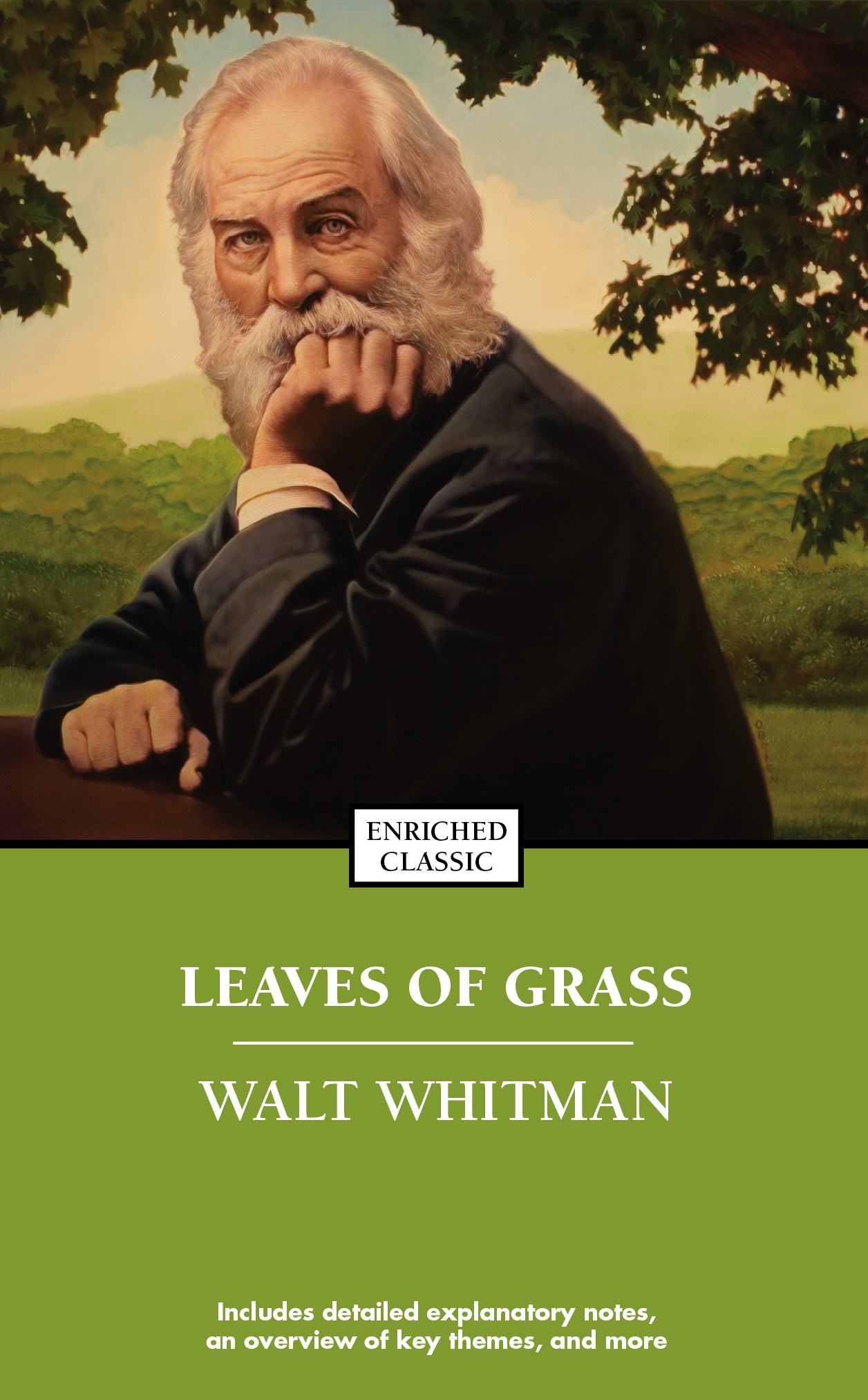

History seems like an underground stream which now and again rises to the surface. Section 4 tells how "many a captain" struggled to reach India. His discovery of America was only a first step toward finding a shorter passage to India. And his thoughts also span time: modern achievements are a realization of Columbus' dream of linking East with West. The poet seems to master the vastness of space through his visionary power. The underlying significance of the two events which Whitman describes here is to show that man's material advancement is only a means to his spiritual progress. These two engineering achievements have given concrete shape to the dreams of the "Genoese," Columbus, "centuries after thou art laid in thy grave." Columbus dreamed of "tying the Eastern to the Western sea" his ideal has now been fulfilled. The first tableau, or picture, is the first passage through the Suez Canal "initiated, open'd" by a "procession of steamships." The second picture is the journey of the railway cars "winding along the Platte" River to a junction of the Union and Central Pacific railroads. Man's achievements in communications are shown in the portrayal of "tableaus twain" in section 3.

Modern miracles of science are all part of a divine plan, of "God's purpose from the first." Thus the poet sings of a new religion which will combine the scientific achievements of the present with the spiritual attainments of the past. The poet here identifies time with space and merges them in the realm of the spirit. The fables of Asia and Africa are "the far-darting beams of the spirit," and the poet sings of the "deep diving bibles and legends." The spanning of the earth by scientific and technological means is only part of the divine scheme to have "the races, neighbors." The poet, therefore, sings of "a worship new," a spiritual passage to India. In section 2, Whitman envisages a passage to India which is illuminated by "Asiatic" and "primitive" fables. His achievement in space will remain inadequate unless it is matched, or even surpassed, by his achievement in time and his spiritual values. Man has mastered space, but he must enrich his spiritual heritage by evoking his past. The present is significant, but it is only an extension of the past and, therefore, its glories can be traced to times before. The space-time relationship is at the heart of the matter. The essential idea in emphasizing the three engineering marvels is to indicate man's progress in terms of space. Here Whitman presents the world of physical reality, an antecedent to the world of spiritual reality. Yet these achievements of the present have grown out of the past, "the dark unfathom'd retrospect." If the present is great, the past is greater because, like a projectile, the present is "impell'd by the past."

The poet, in section 1, celebrates his time, singing of "the great achievements of the present," and listing "our modern wonders": the opening of the Suez Canal, the building of the great American railroad, and the laying of the transatlantic cable. But in Whitman's poem, the completion of the physical journey to India is only a prelude to the spiritual pathway to India, the East, and, ultimately, to God. These events resulted in improved communication and travel, thus making possible a shorter passage to India. Whitman was greatly impressed by three great engineering achievements: the opening of the Suez Canal (1869), the laying of the transatlantic undersea cable (1866), and the joining of the Union Pacific and Central Pacific railroads at Utah to produce the nation's first transcontinental railway (1869).


 0 kommentar(er)
0 kommentar(er)
